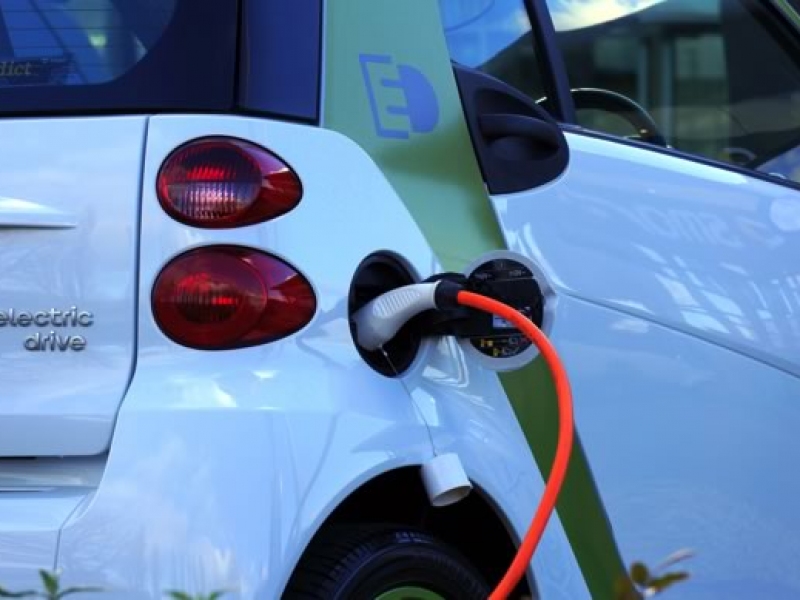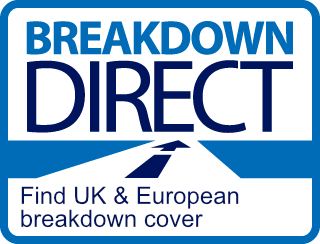
Choosing Fleet Options, is Diesel Still the Main Option?
Diesel has been the fuel of choice for fleet vehicles for as long as anyone can remember. But is it still the main option, and what exactly are the viable options to consider when choosing and building your fleet? From diesel to petrol to hybrid, many companies are choosing to overturn the traditional diesel option in favour of other vehicle types. Which one is best in choosing your fleet will depend on a host of factors, including your mileage and environmental priorities. A breakdown is given here of a few of the main options to consider in building a fleet for your business.
Petrol
With lower running costs and being an ideal fuel for ‘micro’ cars, petrol is certainly gaining popularity as a favoured fleet option for many businesses today. Viewed as a ‘stepping stone’ between diesel and hybrid, it is a common fuel type for economical small vehicles. A petrol fleet can be an option worth considering for businesses with low mileage and small capacity requirements, but for long distance and fleets requiring heavier capabilities, for example haulage or distribution companies, diesel is still the forerunner in this regard.
Diesel
The mainstay of the fleet vehicle world, diesel has hefty benefits despite its bad reputation among environmentalists. The latest diesel engine designs make considerable efforts to clean up their emissions of nitrogen oxides and dioxides, collectively known as NOx, and although these efforts have been controversial in their effectiveness, diesel is still considered to be a more efficient fuel than petrol, making it the best option for larger fleet vehicles. Electric and hybrid vehicles are projected to become the standard in future for fleet options, but for now diesel vehicles still dominate.
Hybrid and Electric
Paving the way for cleaner air and driving down fleet running costs into the bargain, electric and hybrid vehicles are steadily gaining ground as a widespread fleet vehicle option. The biggest drawback of electric and hybrid vehicles currently is their limited range, which poses a huge challenge to manufacturers wishing to access and adequately serve the long distance fleet market. But for urban businesses looking to build their fleet, electric and hybrid could be the way to go in terms of affordability and environmentalism, especially if the latter is a conspicuous and important value for the company itself.
Every organization will have it’s own particular needs and concerns when it comes to choosing a fleet, and it’s extremely important when making such a significant investment to get it right. By assessing the factors given here, the most appropriate choice can be made for your business.


